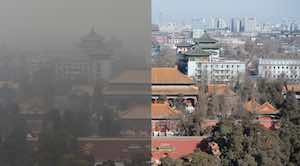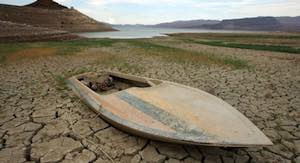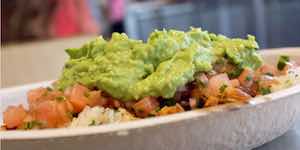China's Invisible Scourge

- Wednesday, October 21, 2015


 What are the health risks from eating genetically modified food? There aren't any. Twenty-five years of scientific studies have shown no evidence of harm from the use of GM crops. A recent report from the European Union found that 'the main conclusion to be drawn from the efforts of more than 130 research projects, covering a period of more than 25 years of research and involving more than 500 independent research groups, is that biotechnology, and in particular GMOs, are not more risky to consume than conventional plant breeding technologies.” These findings are backed by the American Medical Association, the US National Academy of Science, and the World Health Organization—along with other respected scientific research based organizations worldwide. (1)
What are the health risks from eating genetically modified food? There aren't any. Twenty-five years of scientific studies have shown no evidence of harm from the use of GM crops. A recent report from the European Union found that 'the main conclusion to be drawn from the efforts of more than 130 research projects, covering a period of more than 25 years of research and involving more than 500 independent research groups, is that biotechnology, and in particular GMOs, are not more risky to consume than conventional plant breeding technologies.” These findings are backed by the American Medical Association, the US National Academy of Science, and the World Health Organization—along with other respected scientific research based organizations worldwide. (1)